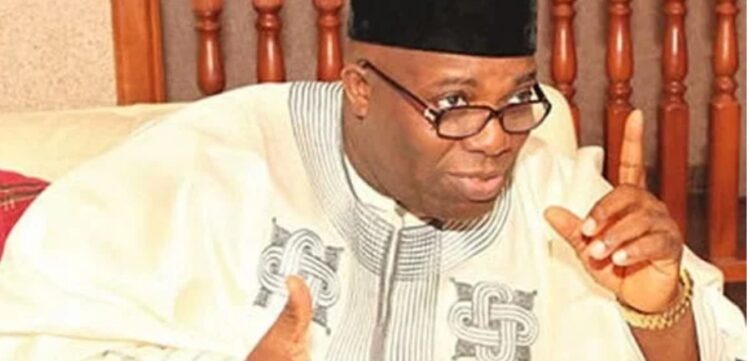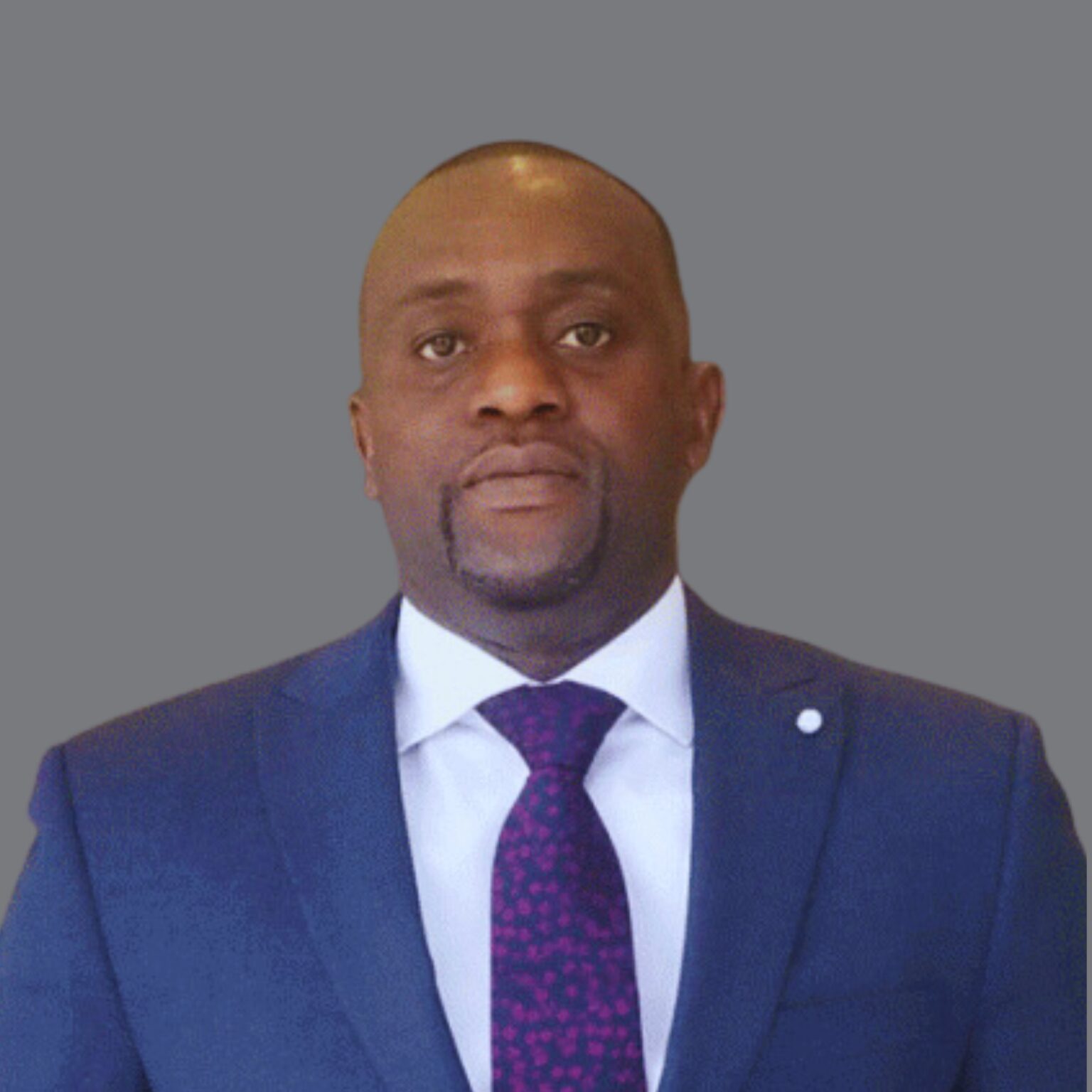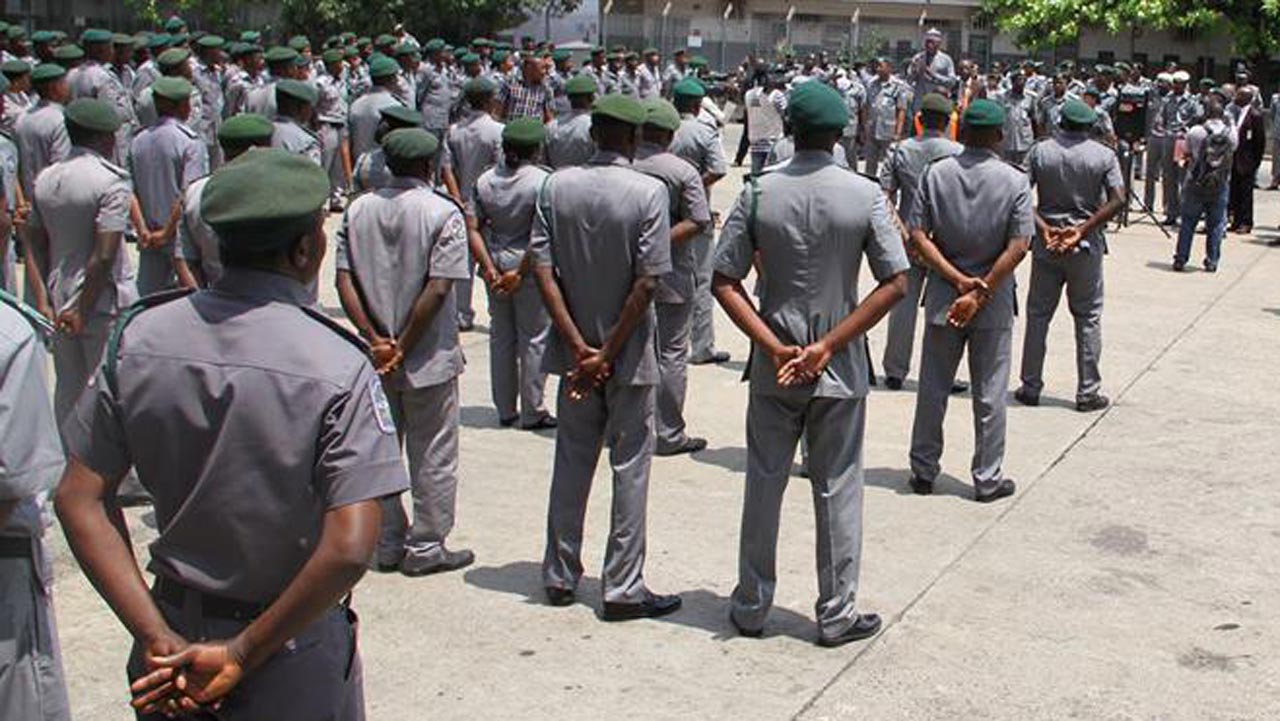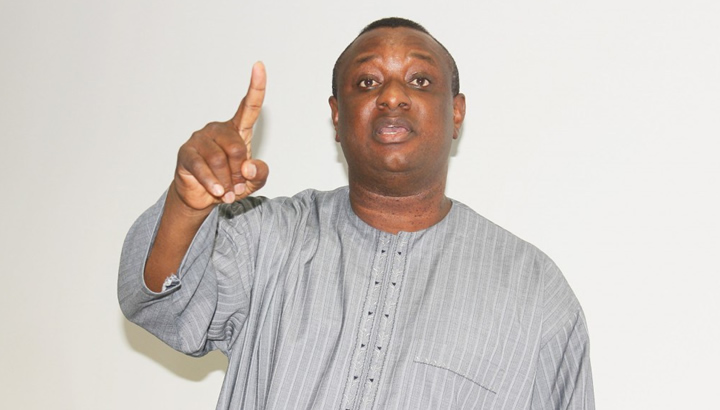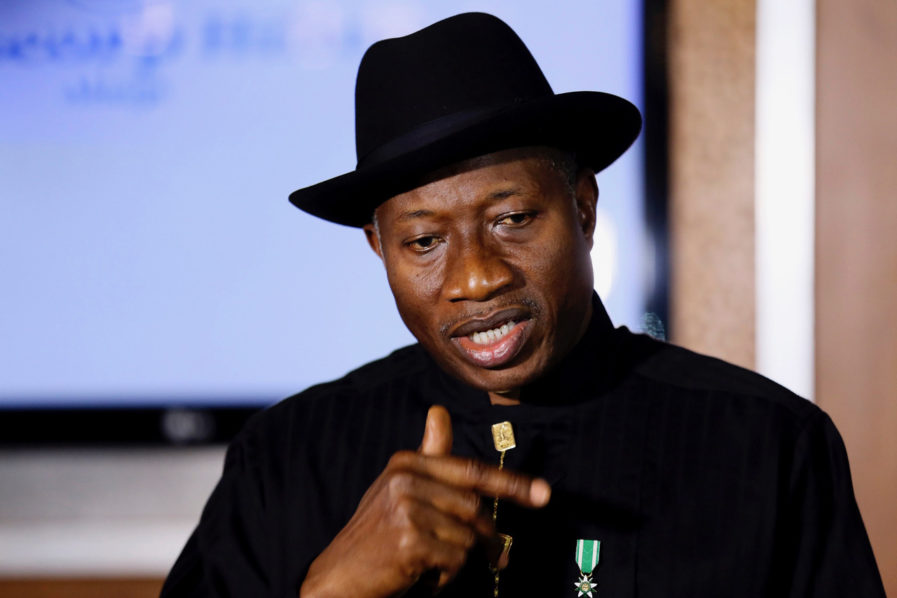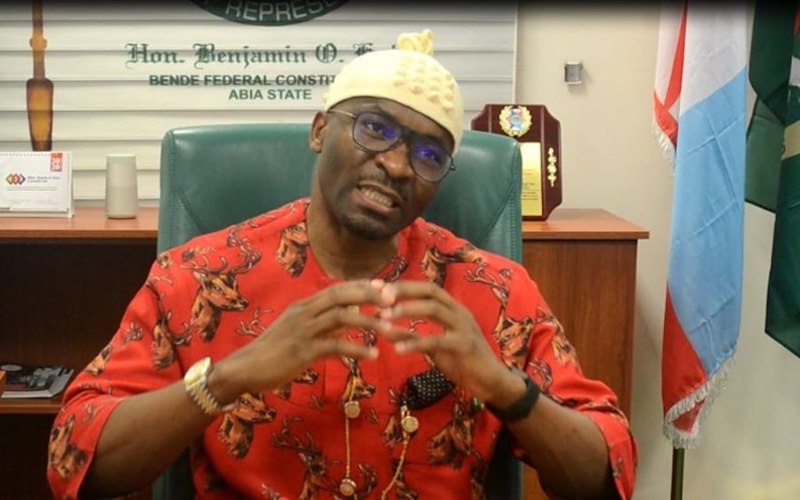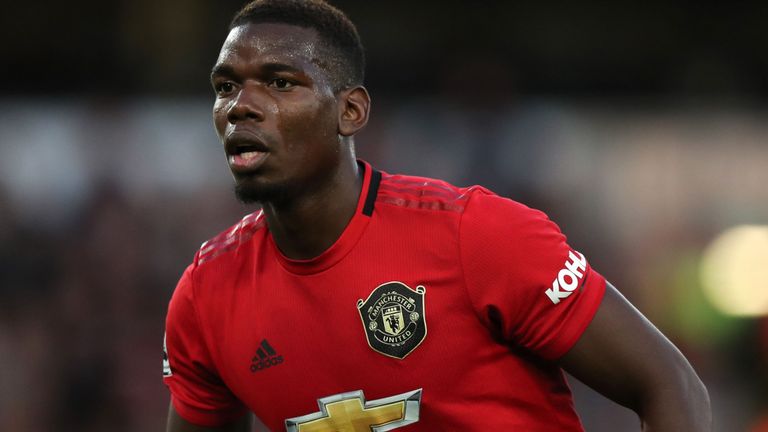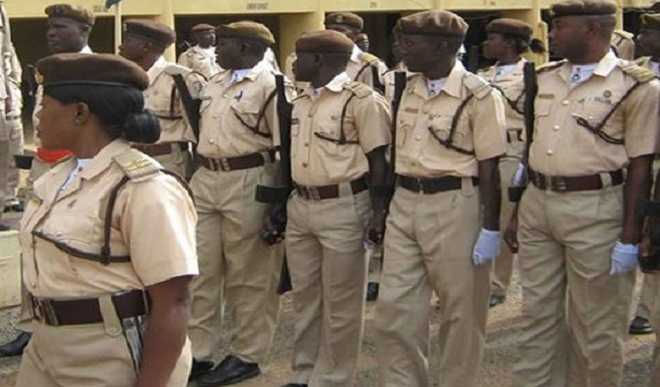By Chidi Amuta
Nigeria enters the new year draped in curious contradiction. A protracted sixtieth anniversary celebration has recently been interrupted by an untidy debate about the nation’s very survival as a viable state. The question is simple: Is the Nigerian state failing?
Among most enlightened Nigerians, there is now an inconvenient consensus that the Nigerian state is in a free fall. Subscribers to the failing state submission concede that Nigeria may not have failed completely but that the state is in desperate disrepair. We are witnessing what we may call a ‘failed state debate’ which has now fanned out into two flanks. Majority of sensible citizens are warning that the general insecurity and severe widespread poverty in the nation indicate a free descent into a possible state failure.
On the contrary, the incumbent administration, its acolytes and spokespersons insist that all is well with the Nigerian state. The trouble is that professional trouble makers and habitual naysayers cannot appreciate the wonderful work of the Buhari presidency. At this point, the tentative concession is that while both sides wear a garb of patriotism, neither has a monopoly of it.
State failure is not such a complicated matter after all. Its symptoms show up in little things that ordinary people can measure in their very daily lives. Simply put, state failure occurs when the state serially fails to discharge its part of the social contract that binds people and their government. It means that people leave their homes unsure that they will return in safety because forces of violence have taken over the streets and highways. It means that when confronted with danger in the normal exercise of civic rituals, citizens can no longer trust in the capacity of the government to protect them from dangerous people. The superior coercive power of government that should serve as the amour of protection for the people is outgunned by non -state actors.
Children check into schools, left in the care of teachers, but are casually trucked away by vicious gunmen. They cry in fear and desperation for the state to come and save them. No one heeds their cry for days. A husband and wife set out on a journey. They are abducted by men of violence and the man watches rough bandits rape his wife and he dares not challenge them for fear of instant death. People get inured to providing nearly everything for themselves in the knowledge that the state is indifferent to their plight. Even the routine reassurances of government cannot be believed any more because of a long tradition of betrayal and disappointment. Basic trust in the authority and capacity of the state to act as the last guarantor of citizens rights is dismissed even by children as a crude joke. The open corruption of high state functionaries and even security officials is so rampant and commonplace that it has become the butt of beer parlor jokes.
A failing state crumbles in meeting its obligations to multiple constituencies. First, the state fails its citizens when it can no longer guarantee life, limbs or livelihood. Second, the state fails itself when it loses confidence in its own institutions and begins to incorporate crude things like ‘civilian JTF’ or hires local hunters to bolster up the sophisticated arsenal of the armed forces. Third, the state fails the comity of nations when its voice is muffled by ineptitude at home and manifest weakness abroad. In a failing state, the pursuit of happiness for the citizens becomes a futile race because lives cannot be guaranteed let alone thrive into contentment. Happiness becomes a rare commodity because basic survival is overwhelmed by existential hazards of an imminent nature. Dangerous obstacles block the aspiration of the majority to basic livelihood. A state in which the high priests of officialdom cannot agree among themselves on a credible explanation for any of its multiple policies is nothing but a confused rabble of disconnected egos, a discordant choir in a congregation devoid of a creed. A state that meets most of these embarrassing criteria is at best a faltering state teetering on the brinks of total failure. Nigerians have a right to decide for themselves how things stand in our commonwealth today.
The supporting indicators are not far fetched. It ought to concern the fierce defenders of today’s incumbency that in today’s Nigeria, the presidency sends out more condolence messages than it can find cause to send out congratulatory messages to Nigerians. Hardly a day passes without numerous reported incidents of kidnappings, abductions and unnecessary killings. Sometimes, whole urban neighbourhoods are cordoned off by marauding gangs of dangerous hoodlums and organized criminals. Sometimes, they openly address letters of intent to neighbourhoods and even copy the police, stating where they will strike next. Even when the police reassures people, they tend to believe the criminals, not the police.
What has driven many to the frightening conclusion that the Nigerian house could fall is the scope of blood letting and the industrial scale of loss of human lives that we now witness daily. It seems as if human sacrifice is feeding the insatiable appetite of some unkind gods. In the dark ancestry of our ancient cultures, human sacrifice was performed when the community was beset by forces that overwhelm the leadership. There was the belief that the human sacrifice would assuage the gods and bring peace, security and succor to the community.
In today’s Nigeria, the state has unconsciously degenerated to a stage where many have come to see the spate of blood -letting that greets our daily experience as nothing short of human sacrifice to some insatiable blood deity. The incapacity of the state allows countless citizens to be wasted on a daily basis. But instead of bringing succor to our national community, the modern day mass human sacrifice of Nigerians by bandits, Boko Haram, armed robbers, the police and even the army does not bring Nigerians peace or succor. Instead, each serial murder breeds even more blood letting in a charmed cycle of violence that now defies rational explanation. The dividend of democracy should be order and security of life and limbs, not a harvest of orphans, widows and quantum misery
This is the effective background to the raging ‘failed state’ debate. Two strident voices from two complementary realms have come to dominate the conversation in recent days. The first is from a global instrument of power, the Financial Times of London. The second is the voice of a Nigerian citizen who is however empowered to speak on God’s behalf, Bishop Mathew Kukah.
The Financial Times editorial of 22nd December, 2020, is not necessarily novel in inspration or original in content. It says nothing that the Nigerian media has not been trumpeting in the last three years or more. However, given the international audience, political gravitas, title integrity and respectability of the Financial Times (FT), the authorities in Abuja seem to have lost a bit of sleep in the aftermath of that largely advisory editorial. What FT did was merely to summarize the present state of the Nigerian reality by highlighting the sheer ineffectuality of the incumbent administration’s strategies and policies. Widespread insecurity calls to question the basic obligation of the state to guarantee the life of the citizens. A regime of organized crime fuels unchecked corruption that drains the state of the money to pursue development and social services. In turn, a fairly stable democratic arrangement is made untenable by the dominance of too many bankrupt states presided over by overbearing autocrats as governors.
In the tradition of great journalism, however, FT is kind enough to point in the direction of redeeming ideas for the Nigerian state. These include a restructuring of the Nigerian federation to reduce the centers of fiscal waste and unproductive entitlement. In addition, a population with over 40% aged under 40 years can only hope to make progress if the affairs of state are managed by a younger population. Gladly, FT acknowledges the vast competence, talent and entrepreneurship of Nigerian youth, an energy that made a rowdy public showing during the recent ENDSARS protests all over the country. Predictably, FT is reluctant to credit the Buhari presidency with the sincerity and executive capacity to take the decisive steps required to rescue the Nigerian ship of state from perilous waters let alone unleash its monumental potentials.
On his part, Bishop Mathew Kukah, true to his known tradition of politically engaged theology, delivers an unsparing but true critique of the Buhari administration against the backdrop of the very obvious decay and near collapse of the Nigerian state. There is nothing in Bishop Kukah’s Christmas message that is unpatriotic, subversive or even new. Nor is it fair for regime apologists and ethnocentric megaphones to brand his criticism unfair or minimally treasonous. The Bishop simply holds Mr. Buhari accountable for betraying his campaign undertakings as a politician. Nigerians have done that variously in recent times. The Bishop points to Buhari’s undisguised nepotism and nativism in key federal appointments. The bulk of the Nigerian elite have been hammering on that repeatedly based on clear statistical evidence. Bishop Kukah drew attention to the obvious and quite embarrassing ‘northernisation’ policy of the Buhari administration. All this is squarely in the public domain and falls squarely within the purview of fair patriotic commentary by a concerned citizen of our republic.
There is also nothing In the Bishop’s Christmas message that detracts from the responsibility of a man of God to his congregation or to his nation. To believe in God and truly worship Him, men and women must first be alive. A state that cannot guarantee the safety of life and property of its citizens is an aberration in the sight of God in any religion. The primary responsibility of religious leaders is in fact the duty to ensure that government is responsible for the basic needs of the people and guarantees the atmosphere of law and order which make the pursuit of all faiths possible. The will of God cannot be done on earth if the earth is emptied of its human content because princes and principalities have failed to protect those who live on earth. The recklessness of political leaders who betray their campaign promises is a reckless defiance not only of the social contract which binds people to their ruler but also a defiance of the bond between humanity and God in every religion. Therefore, Kukah’s message is at once a correct civic duty, a spiritual service and a patriotic responsibility.
It becomes difficult to see the point in Minister Lai Mohammed’s mischievous mischaracterization of Bishop Kukah’s well intentioned Christmas message. There is nothing in Kukah’s message that is more incendiary than the general outrage of Nigerians at repeated incidents of insecurity. Citizens ranging from the Sultan of Sokoto, Wole Soyinka to groups like the Northern Elders Forum, Ohaneze, Afenifere or the Ijaw leaders forum have raised their voices as well. Indeed every responsible editorial page of our myriad media titles has been an active voice in the quest for a more accountable and secure Nigeria.
For the custodians of the incumbent realm, the troubling crux of Bishop Kukah’s message is its bold critique of the quality and orientation of the Buhari presidency, especially the matter of undisguised nepotism. There is nothing new in stating that the divisiveness and incompetence of this administration falls far short of the best that Nigeria is capable of. It has been repeatedly pointed out by the broad majority of enlightened Nigerians. At the root of the present crisis is the deliberate, systematic hijacking of the strategic heights of state power by President Buhari and its casual wholesale apportionment to the northern half of the nation. That apportionment also happens to coincide with a sectarian divide between Christians and Moslems, which makes it all the more dangerous for political stability and national security.
I suspect, however, that the allergy of Buhari’s Information Commissar and other power apologists to the Kukah message is coming from concerns higher than the content of the Bishop’s Christmas message. The trouble may be Bishop Kukah’s strategic location in our contemporary national matrix. He is located in the middle of every conceivable fault line in today’s Nigeria. He is a Bishop of the Catholic church with easily the largest Christian following of the traditional churches. He is based in Sokoto, headquarters of the historic Sokoto caliphate. He is a citizen of Kaduna state, a hotbed of the Christian-Moslem divide and the troubling settler –indigene fractiousness. Above all, Bishop Kukah has grown a voice that is at once impeccably patriotic and unfailingly trenchant, articulate, courageous and sometimes fiercely libertarian. His views resonate with the media and elite circles from Lagos to Sokoto, London to Washington, Rome to Jerusalem and even Mecca. Therefore, Mr. Lai Mohammed’s reaction to the Bishops’ Christmas message is a cry of desperation from a sanctuary of power trapped in its own mesh.
Ruling party officials and the usual presidential messengers have added their voices to the defense of the realm. Copious rehashes of ongoing government projects and programmes have been cited as evidence that the state is all well and good. None of the programmes, I am afraid, addresses the raging storm of overwhelming physical and economic insecurity. No length of railway tracks or span of bridges and highways make it any safer to travel from one point to the other in this dangerous place. The expression of a desire to rescue a hundred million from poverty in ten years does not address the fact that most of those poor people will go to bed tonight without food. More of them will find it hard to sleep because they do not know which dark agents will come calling at night bearing violence in their hands and dark designs in their hearts. In any event, many of our poor will have died of starvation and deprivation long before the politically convenient 10 years expires.
In a democratic republic, only the people have the ultimate prerogative of judgment on matters of whether the state is alive, well or failing. It is blatantly insolent, even precipitously arrogant, for either a ruling party or the hirelings of the incumbent state to arrogate to themselves the onus of deciding when the state is fulfilling its part of the social contract with the people.
Ironically, Bishop Kukah and President Buhari converge on the way out of Nigeria’s trajectory of failure. Kukah’s fierce interrogation of the president’s dismal performance leads him to an inevitable recourse to divine intervention and call for more prayers. As a man of God, Kukah has no choice than to invoke divine intervention in a situation that seems to have overwhelmed practical human governance. Curiously, President Buhari has also recently resorted to a helpless invitation of divine intervention on some pressing national problems. He was recently quoted as saying that only God can effectively police the border between Nigeria and Niger Republic!
We cannot outsource the effective governance of the Nigerian state to God. Governance is a very human enterprise. Divine inspiration can come in handy when those given a democratic mandate do their sincere best. There are immediate solutions that only the president can apply to stop the rapid descent into state failure. He can dissolve the present provincial high command of his government and replace it with a more diverse, representative and national assemblage. He can disband the present cabinet, retain the performing few and head hunt the best Nigerians, especially the youth, to constitute the bulk of a new knowledge driven and activist cabinet.
In the long term, the ultimate solution to state failure is the renewal of the apparatus of state through the democratic process at the next election cycle.

